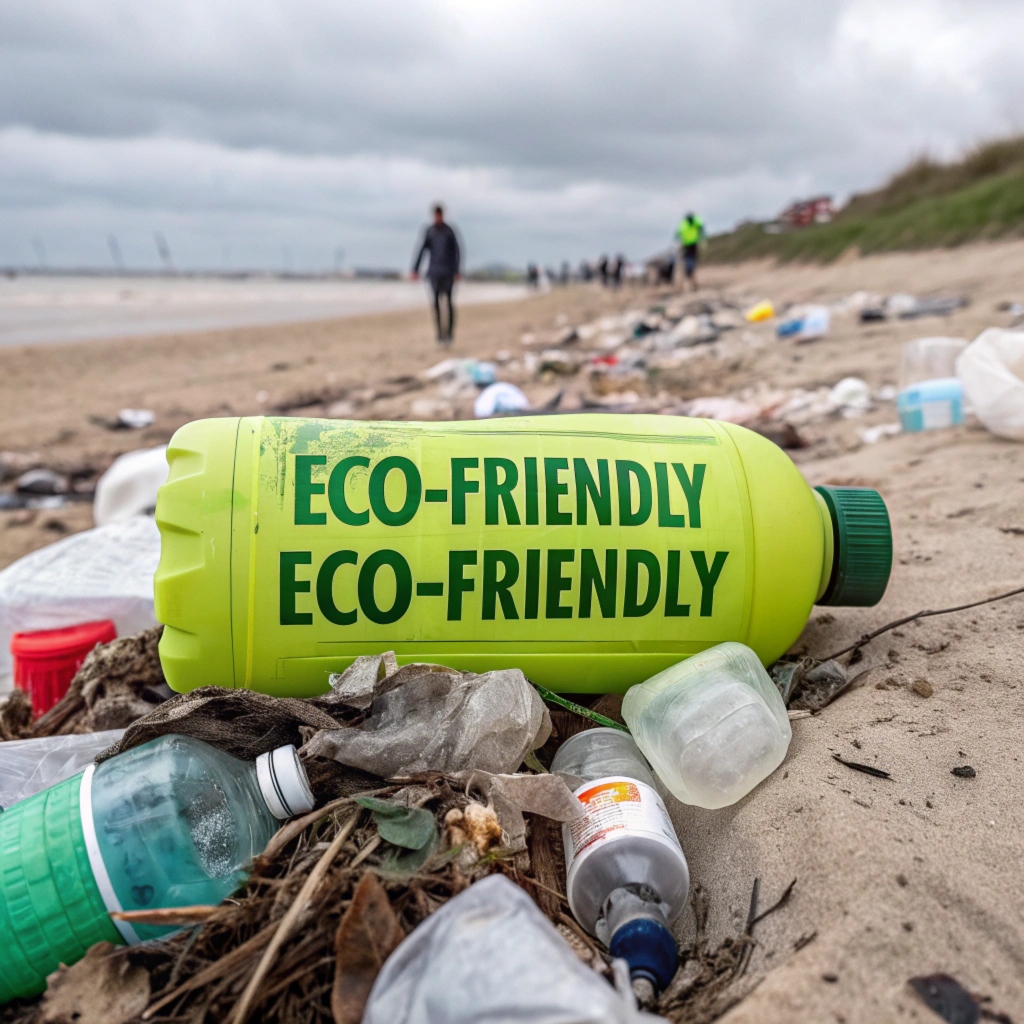Introduction
Today, consumers no longer want to be misled. This practice of exaggerating or fabricating environmental efforts is frowned upon and risky. With the enactment of Bill C-59, the Competition Act—legislation aimed at protecting consumers by promoting competition among businesses—was amended in two ways on June 20, 2024.
First, the rules have become stricter to ensure the accuracy and verifiability of claims regarding the environmental benefits of products. In short, if your business highlights ecological benefits, it must be able to back them up with evidence.
Second, starting in 2025, the law will allow private actions in the Competition Tribunal. This means that the Competition Bureau will no longer be the only entity able to bring cases to the tribunal—any business can do so. For instance, a competitor harmed by misleading environmental claims could take the matter to the tribunal.
So, how can you avoid missteps and build a solid, credible ecological strategy? Spoiler: it’s not about slapping a pretty green logo on your products!

Filed in November 2023, Bill C-59 aims to regulate business practices and environmental claims.
Key Measures
- Regulation of Green Claims: Companies must substantiate their claims with solid data.
- Stronger Penalties: Violators will face heavy fines.
These measures aim to deter greenwashing and foster fair competition among genuinely committed businesses.
Examples of Greenwashing:
- Vague Terms: Words like “natural,” “eco-friendly,” or “sustainable” without solid proof.
- Lack of Certifications: No data or official labels to support the claims.
- Misleading Packaging: “Green” designs masking harmful products.
Such practices deceive not only consumers but also damage trust in honest businesses.
Consequences of Greenwashing
- Legal Penalties: Under Bill C-59, false claims could be costly.
- Loss of Credibility: Once exposed, regaining trust is challenging.
- Environmental Impact: Promoting unsustainable practices under a green guise undermines climate goals.
Don’t panic, we got you covered. Here are 5 Essential Steps to prevent greenwashing and meet the expectations of clients and regulators.
#1: Understand Bill C-59 and Its Implications
What is Bill C-59? In short, this Canadian legislation introduces new requirements for businesses to account for their environmental initiatives. It addresses two key issues:
- Transparency: Businesses must prove their environmental claims with concrete, verifiable data.
- Accountability: Penalties will be imposed on those misleading consumers.
In other words, if you claim your product is “carbon-neutral,” you’ll need to back it up with clear evidence. Get ready for transparency!
#2: Audit Your Current Practices: The Foundation of Any Strategy
You can’t move forward without knowing where you stand. A thorough evaluation of your practices and ecological footprint is essential.
How to do it?
- Conduct a carbon audit: calculate your GHG (greenhouse gas) emissions.
- Identify weak points: use precise data to identify high environmental impact areas.
- Involve experts: collaborate with carbon experts like those from Sustainscale.
Tip: Be honest, even if the results aren’t great. Clients prefer businesses that acknowledge their challenges rather than those that claim to be perfect.
#3: Set Realistic and Measurable Commitments
Once you’ve diagnosed the situation, set clear, achievable goals. Promising too much can be tempting, but it’s the fastest way to disappoint your clients (and fall into greenwashing).
Examples:
- Avoid: “We will be carbon-neutral by 2030” without a clear action plan.
- Prefer: “We will reduce our emissions by 20% by 2026 through X and Y initiatives.”
Did you know? Bill C-59 requires these goals to be accompanied by measurable indicators to prove their authenticity. Time to get calculating!
#4: Communicate with Authenticity and Clarity
Communication is an art, especially when it comes to sustainability. You need to inform without deceiving, explain without jargon, and most importantly, engage your clients in your approach.
Best practices:
- Use concrete evidence: certifications, external audits, and detailed reports.
- Be transparent: share both your progress and challenges. Clients are more likely to support an honest brand, even if progress is slow.
- Avoid vague terms: expressions like “eco-friendly” without explanation can be costly.
Inspirational example: Instead of just saying “eco-friendly product,” clearly state why: “Locally made, 70% recycled materials, and a 30% reduction in transport emissions.”
If you want to improve your communication and grow your business while staying true to your values, our sustainable marketing service might be of interest to you.
#5: Train Your Teams and Partners
Your strategy will only work if everyone is on the same page. It starts internally with your team and extends to your external partners.
Why?
- To avoid inconsistencies: a misaligned supply chain can undermine all your efforts.
- To raise awareness: your team needs to understand why and how they contribute to your commitments.
Organize workshops, training, and even site visits to involve your suppliers in your approach. Change is collective!

FAQ – Frequently Asked Questions
– What are the sanctions under Bill C-59 for greenwashing?
Companies face significant fines and reputational sanctions (such as being required to correct their advertisements). It’s better to prevent than to cure!
– Which sectors are most affected?
The food, fashion, and energy sectors are particularly under scrutiny, but all industries must comply with these new requirements.
– How can I measure my environmental progress?
Use tools such as annual carbon audits, key performance indicators (KPIs), and external audits to assess your progress.
Want to get started?
Fund your ecological transition with the experts from SustainScale’s Ecoleader program.
Conclusion
Bill C-59 is a major step in the fight against greenwashing. For businesses, it’s not just about avoiding penalties, but about building a sustainable relationship with customers and playing an active role in the ecological transition. The era of empty promises is over; consumers and regulators now want tangible, measurable actions.
By following these 5 steps, you’ll not only get ahead of your competitors but also build a trusted relationship with your clients. And if you need a helping hand, we’re here to support you.
Ready to take action?
Make your environmental commitments a real asset and say goodbye to greenwashing! 🌍


